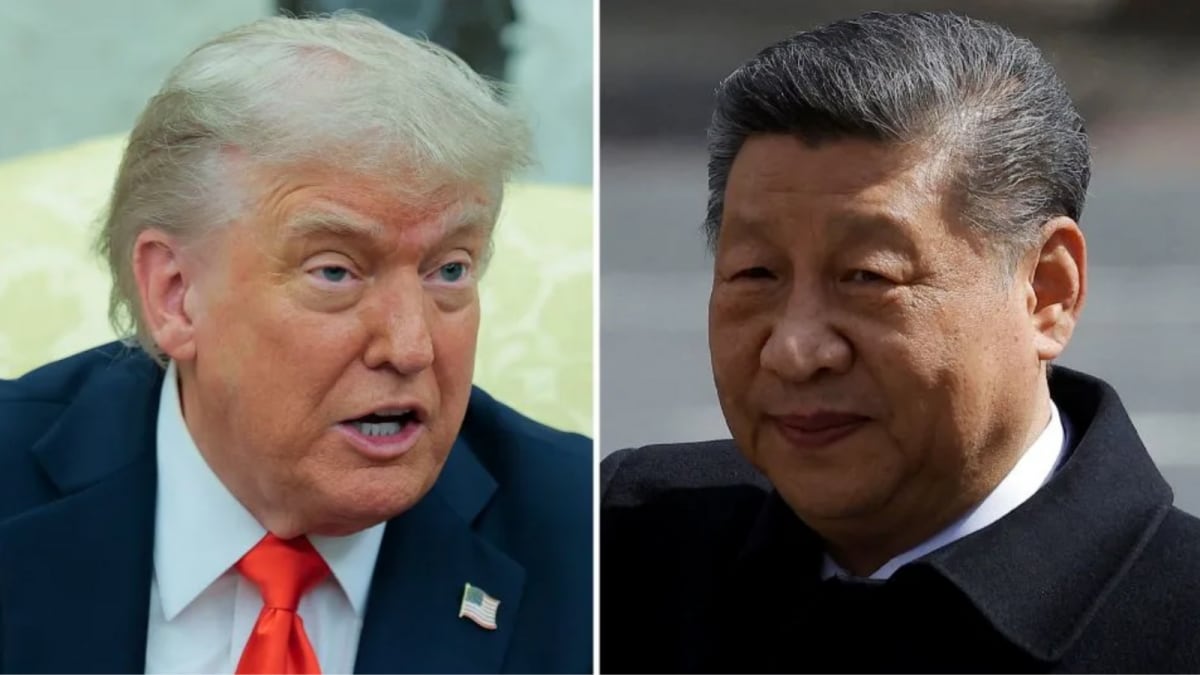The GST Council has approved the centre’s proposal to streamline the indirect tax structure into a dual slab of 5 per cent and 18 per cent
A marathon meeting of the Goods and Services Tax (GST) Council has borne fruit for the common man, as the group approved a tax bonanza ahead of the festive season. The Council has approved the centre’s proposal to streamline the indirect tax structure into a dual slab of 5 per cent and 18 per cent.
The current four-tier tax structure of 5 per cent, 12 per cent, 18 per cent, and 28 per cent will be replaced by a simplified two-rate system. Under the new model, essential or “merit” goods will be taxed at a reduced rate of 5 per cent, while the majority of goods and services will be subject to a standard 18 per cent rate.
What gets cheaper?
Basically, everything required by the common man to lead their day-to-day lives.
-
Daily essentials like hair oil, soaps, toothpaste, shaving cream and bicycles will see a GST reduction to 5 per cent from 12 to 18 per cent
-
Butter, ghee, cheese and dairy spreads will attract 5 per cent GST from 12 per cent, and so will Pre-packaged namkeens, bhujia and mixtures
-
Food items like roti and paratha will be taxed at a nil rate
-
Healthcare items such as thermometers, medical-grade oxygen, diagnostic kits, glucometers, and corrective spectacles will now be taxed only at 5 per cent, while cancer drugs will be exempted from GST
-
Education supplies, including maps, globes, pencils, crayons, exercise books and erasers, will now attract nil tax
What gets costlier?
-
Vehicles, including small cars and motorcycles up to 350 cc, will attract 18 per cent GST, while luxury vehicles like motorcycles above 350 cc and aircraft for personal use will be subjected to a steep 40 per cent GST
-
Tobacco or “demerit products” like pan masala, cigarettes, and tobacco items will draw 40 per cent GST, while cigarettes will continue under 28 per cent GST plus compensation cess until loans are repaid
-
Fruit-based carbonated drinks and drinks with fruit juice will attract a 40 per cent tax, as will non-alcoholic beverages and non-alcoholic drinks
Refresh for updates.
End of Article

)

